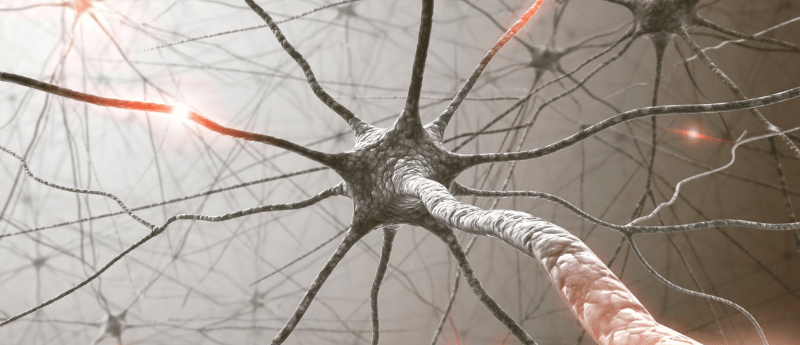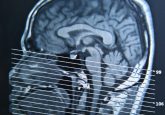Frontotemporal degeneration biomarkers may pave way for clearer neurodegeneration diagnosis

Research conducted at the Perelman School of Medicine at the University of Pennsylvania (PA, USA) suggests that a combination of three Alzheimer’s disease biomarkers could serve as a method of detection for frontotemporal degeneration (FTD). FTD, a common form of dementia, is caused by the degeneration of the frontal and/or temporal lobes within the brain. While less known than Alzheimer’s disease, FTD presents with similar symptoms including behavioral changes, executive dysfunction and language impairments. This makes distinguishing FTD from Alzheimer’s disease difficult and a challenge to overcome in order to treat patients accordingly. FTD is often misdiagnosed as Alzheimer’s disease,...






